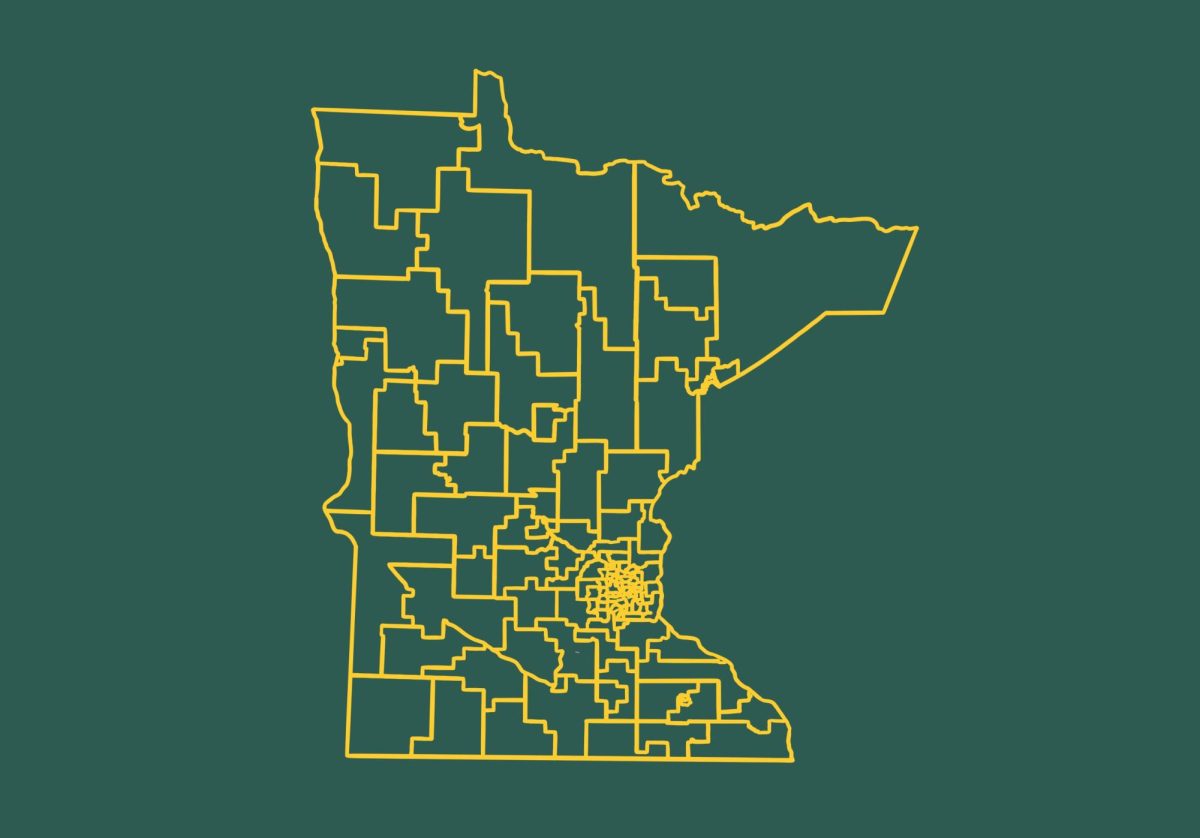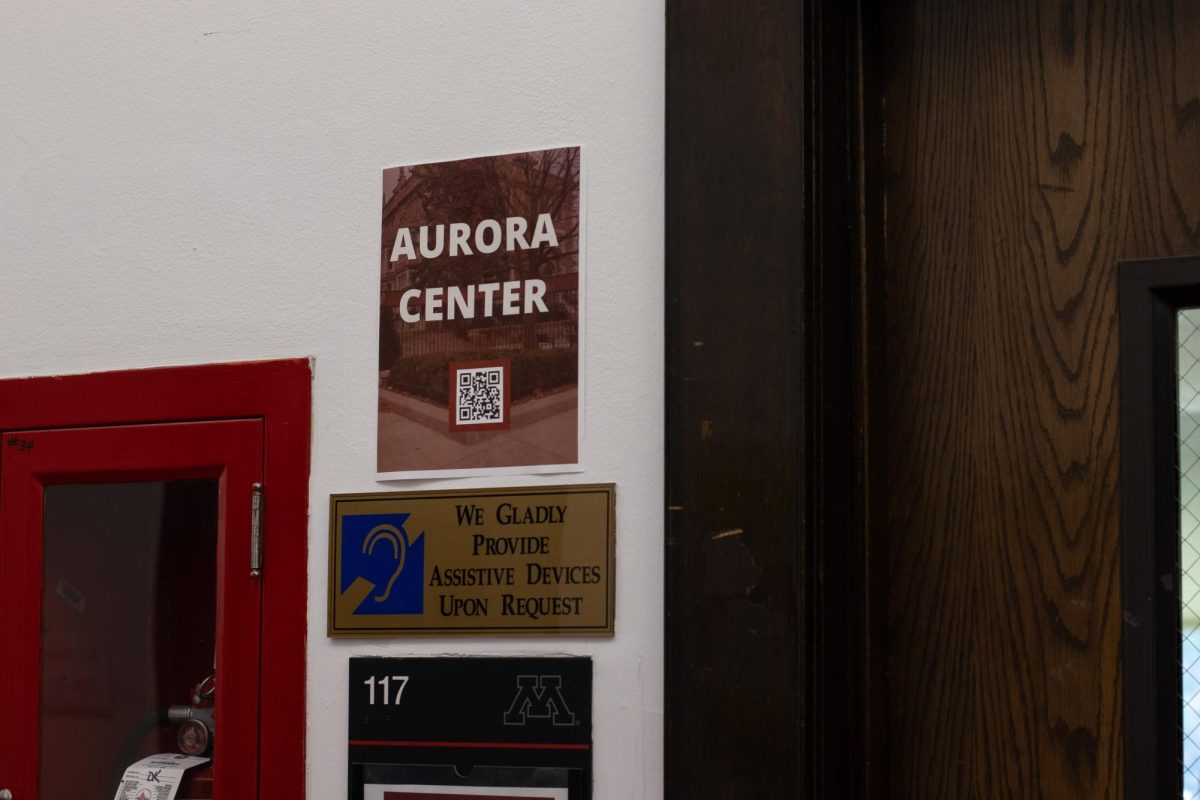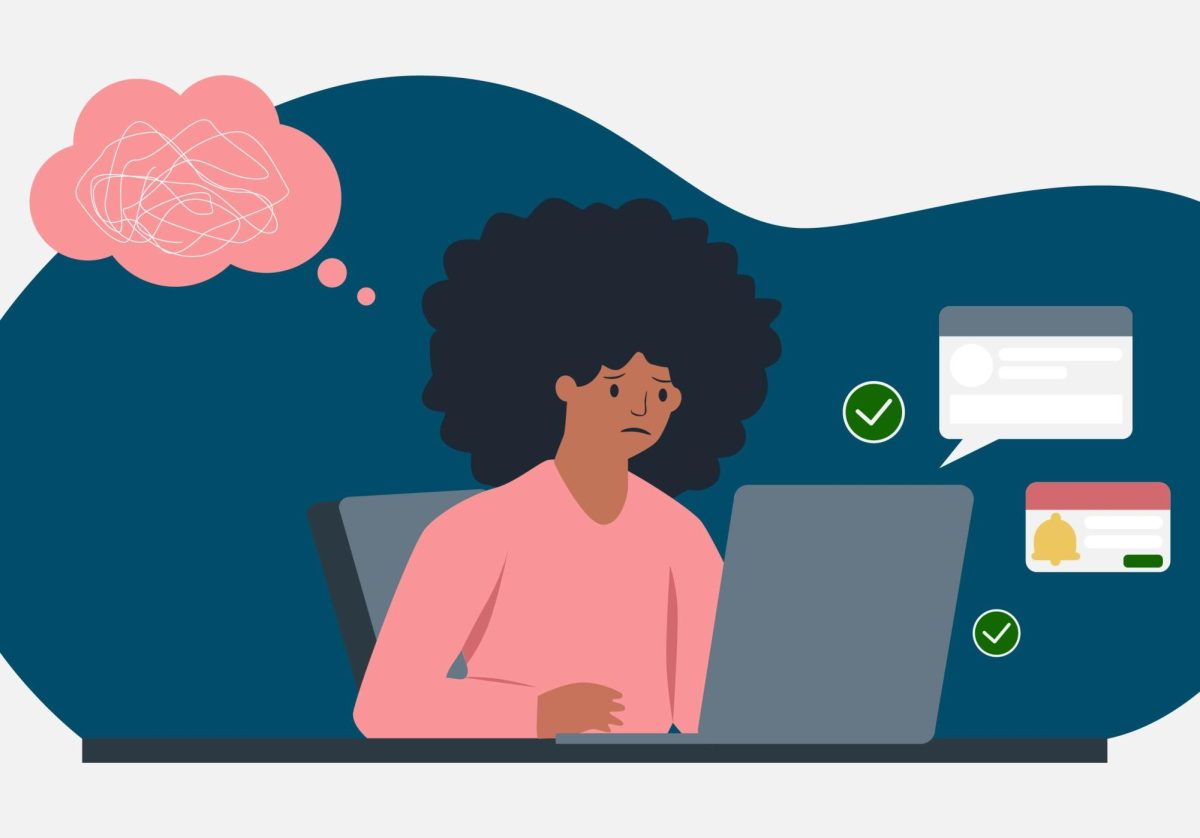Throughout his first term, three campaigns and his second term thus far, President Donald Trump has not been the biggest proponent of civil rights, and he doesn’t pretend to be.
Trump attacked voting rights and the validity of fair elections, banned diversity, equity and inclusion efforts and took steps to reverse LGBTQ+ rights for workers and students.
Given this stellar disregard for civil rights, it is utterly hypocritical that the investigation into five universities, including the University of Minnesota, over allegations of antisemitism stemmed from the Justice Department using its power to launch a civil rights review. This method is less common, as most investigations the department launches stem from complaints, according to the Associated Press (AP).
The investigation is part of the Trump administration’s efforts to address antisemitism illustrated in a Jan. 29 order. This investigation follows the 2024 protests on college campuses across the country protesting Israel’s actions in Gaza and multiple reported instances of hostility toward Jewish students.
Creating a safe campus environment must be a top priority for the University. No one should feel threatened or in danger on campus, and the violence and threats Jewish students experienced should not be tolerated.
Student safety, however, is not a top concern of the Trump administration.
If Trump cared about making campuses safe for all students, he would not threaten to withdraw federal funding from universities with DEI programs that provide opportunities for students who, historically, have not been welcomed on campus. He would not enable immigration enforcement on campuses. He would not threaten to deport international students who protest.
This investigation is about suppressing and discouraging student protests, not creating a safe environment for students.
Trump’s order has prompted criticism that it violates political speech protected under the First Amendment, according to AP.
The order also advocates for institutions to monitor and report activities of international students that could violate federal law prohibiting support of terrorist organizations. These students could then be investigated and potentially deported.
This order walks a dangerous line by giving institutions and the government an excuse to monitor the actions of students and investigate speech the government simply does not like.
Creating an environment that enables surveillance and potential deportation of international students does not make campuses safer. If anything, it makes them less safe and discourages students from using their voices out of fear of repercussions and deportation.
The University responded to the Feb. 3 notification of this investigation from the U.S. Department of Education’s Office for Civil Rights by emphasizing a commitment to make campus a safe space for all students.
“We are confident in our approach to combating hate and bias on our campus and will fully cooperate with this investigation,” University spokesperson Jake Ricker said in an email statement. “The University continues to stand firmly against antisemitism. We have and will continue to respond promptly and fully to any reports of harassment, intimidation, or bias against Jewish students — or any other members of our University community — in accordance with our University values, our own policies, and our responsibility under the law.”
Students who commit acts of violence and vandalism should be held accountable, but the students exercising their right to peacefully protest should not be targeted.
The minute the administration seeks to punish peaceful student protesters, it launches an attack on universities and students everywhere.
Setting the details of the investigation aside, Trump’s rhetoric that the intent behind this investigation is to create a safer environment for students is not backed up by his actions.
If Trump cared about student safety, he would take measures to improve gun control as firearms remain the leading cause of death for minors in the U.S., according to Johns Hopkins. He would not ban DEI, and he would not threaten to deport students or villainize the educational system.
A president cannot choose to protect some rights but not others and retain integrity. Infringing on rights in the name of protecting rights should be seen as a dangerous contradiction.
Civil rights are not selective. Once one right is compromised, the rest stand in danger of the domino effect.














Ruth DeFoster
Mar 3, 2025 at 1:08 pm
Fantastic work as always, Wren!
KG
Feb 28, 2025 at 7:09 am
Your Opinion piece was ambitious, and you started strong. The title, “Trump can’t be selective about civil rights,” suggests support for combating antisemitism while advocating for a broader civil rights agenda.
You declared that “violence and threats Jewish students experienced should not be tolerated.” Kudos! However, you then undermined this stance by attacking the investigation of antisemitism at five universities as hypocritical, claiming: “This investigation (of antisemitism) is about suppressing and discouraging student protests, not creating a safe environment for students.” In just a couple of sentences, you did a 180-degree turn!
You concluded by stating: “Students who commit acts of violence and vandalism should be held accountable.” Notably, you omitted “threats” while including “vandalism.”
Let me ask: If African Americans or American Indians were the injured party, would you settle for such vague generalities?
It seems you haven’t fully grappled with what antisemitism entails. Consider the following real occurrences and ask yourself if they fit your definition of antisemitism:
A student chided in class for wearing a Star of David, a religious symbol; a synagogue defaced; a scholarly article rejected by a UMN subsidiary because it was submitted by an Israeli professor; candidates for UMN faculty positions rejected because their personal views, not their scholarship, were suspected of being pro-Israeli; students commemorating the October 7, 2023 massacre of Jews being forced to shelter in place due to a demonstration; demonstrations on campus glorifying the murder of Jews in Israel; Jews encountering masked individuals wearing keffiyehs and shouting slogans like “from the river to the sea” after October 7—when previously such slogans and attire were absent; pictures of Israeli hostages torn down and defaced; Jewish students threatened on campus and in nearby areas.
Is this antisemitism? Before answering, consider these examples in the context of the African American experience: replace the keffiyeh with a KKK hood; “from the river to the sea” with “Back to Africa.”
Instead of getting bogged down in anti-Trump rhetoric (I don’t care about Trump), you could—and should—have called for a vigorous effort to root out antisemitism, particularly at UMN. Addressing the manifestations of antisemitism directly would strengthen your argument.
I encourage you to consider writing a follow-up Opinion piece on antisemitism. If you do, I suggest sticking to antisemitism, because it is too often jumbled with other forms of discrimination, losing its uniqueness. Your voice matters, and your contribution can make a difference.
Susan Spiegel Pastin
Feb 25, 2025 at 11:18 pm
I agree completely! Trump is very interested in RESTRICTING rights, not extending them – except for himself and his top supporters.
Trump is a petty man who thinks he owns the world. This is not his only attack on our most precious, right, freedom of speech. He has barred the wonderful associated press from the White House because they are keeping the proper name of the Gulf of Mexico.
Mark Hove
Feb 24, 2025 at 11:24 am
Thank you for sharing your opinion. I believe having a diverse community, equal rights, free speech, and justice are important components of a healthy society.
“A republic if you can keep it.” Ben Franklin